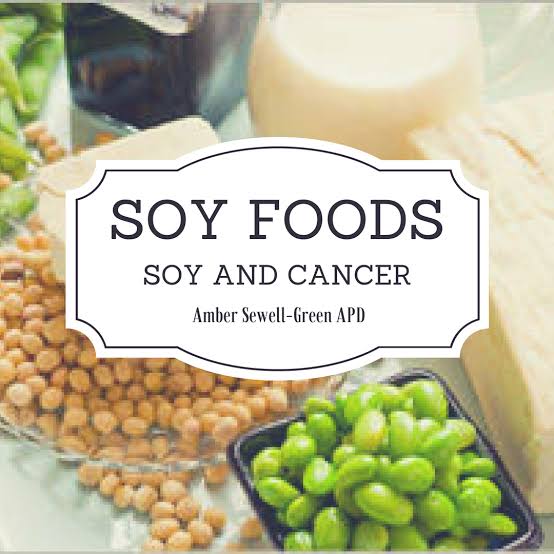
Soy has many nutritional benefits because it contains a variety of phytochemicals and antioxidants that protect against heart disease, certain types of cancer, and diabetes. Soy is also high in protein and fiber, as well as a variety of vitamins, minerals, and healthy fats, and is relatively low in calories, making it an excellent food item when dieting. Soy has distinctive features especially for women which we evaluate together in the following lines:
Soybeans help relieve menopausal symptoms
Soybeans contain isoflavones, a chemical that helps reduce symptoms caused by low estrogen levels in the body during menopause, so soybeans have been studied to treat hot flashes, and some studies have found fewer hot flashes and night sweats in women who consume soy. Also found equal results with placebo.
Soybeans to strengthen bones and prevent osteoporosis
Many postmenopausal women suffer from osteoporosis and arthritis as a result of bone loss after menopause, and because soybeans contain all nine essential amino acids that muscles and bones need to stay healthy, they play an important role in preventing osteoporosis. Some research suggests that isoflavones can help strengthen bones in postmenopausal women.
Soy helps protect against breast cancer
Soy helps protect against breast cancer in women, especially if you eat a lot of it in childhood and adolescence, it can cut your risk of breast cancer in half, and even some women who ate more soy in adulthood were less likely to develop it. with breast cancer. ; Scientists believe that isoflavones can actually help shrink cancerous tumors.
Soybeans are rich in vitamins and minerals that are important for pregnant women
Soybeans are rich in folic acid and B vitamins, which are very important for pregnant women. Pregnant women are required to consume organic soy products because the folic acid present in soybeans helps prevent neural tube defects in babies. This ensures a healthy birth and a healthy baby. Congenital malformations may occur if the mother does not pay attention to the nutritional requirements necessary for the health of the fetus. Nutrition is important not only for the baby, but also for the mother.






